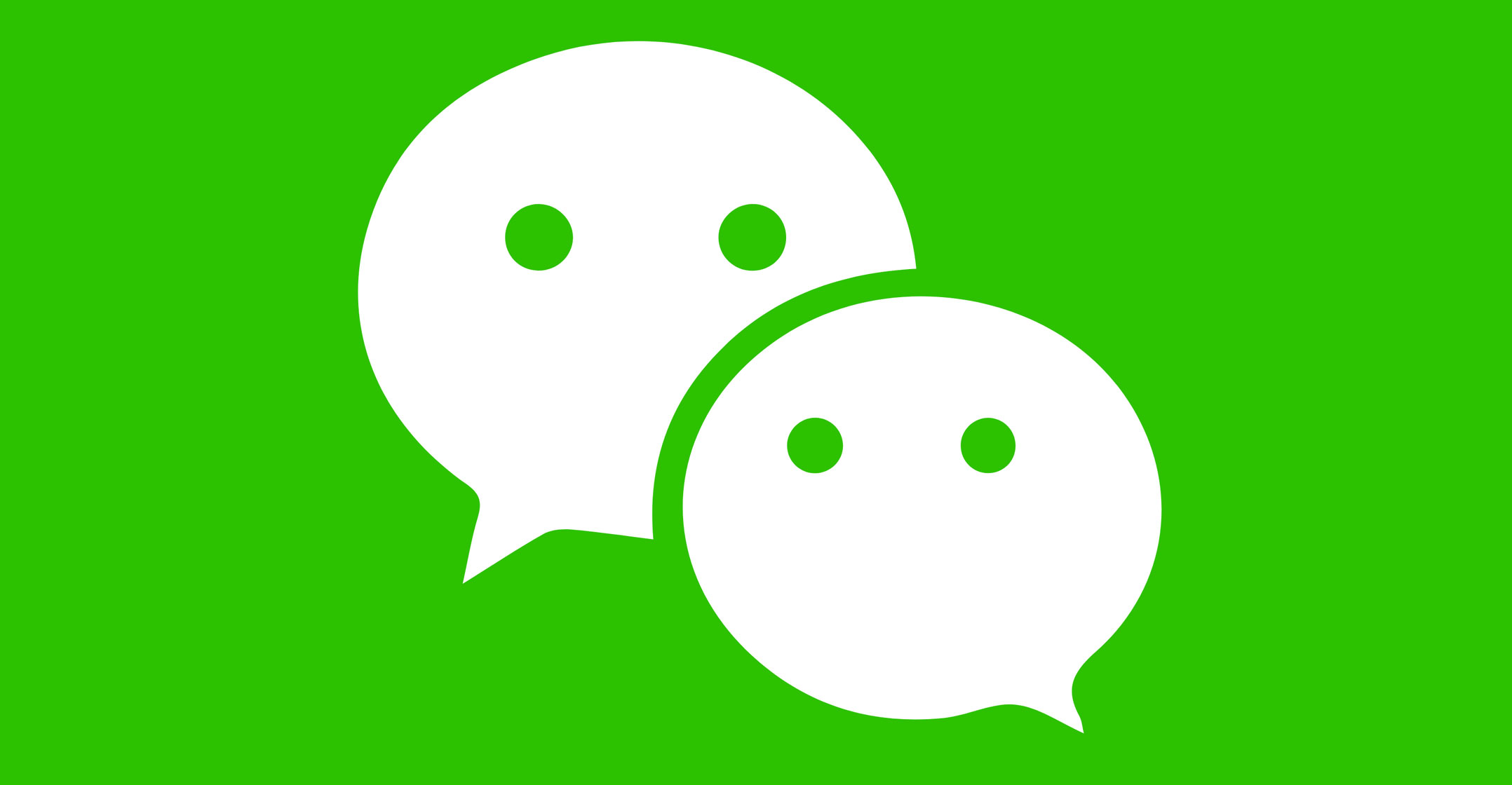 A US judge on Sunday blocked the Trump administration from requiring Apple and Google to remove Chinese-owned messaging app WeChat for downloads.
A US judge on Sunday blocked the Trump administration from requiring Apple and Google to remove Chinese-owned messaging app WeChat for downloads.
Magistrate Laurel Beeler in San Francisco said in an order that WeChat users who filed a lawsuit “have shown serious questions going to the merits of the first amendment claim, the balance of hardships tips in the plaintiffs’ favour”.
Her 22-page order added the prohibitions “burden substantially more speech than is necessary to serve the government’s significant interest in national security, especially given the lack of substitute channels for communication”.
On Friday, the US commerce department had issued a order citing national security grounds to block the app from US app stores owned by Naspers affiliate Tencent and the justice department had urged Beeler not to block the order. Tencent and the justice department did not immediately comment.
Beeler’s preliminary injunction also blocked the commerce department order that would have barred other transactions with WeChat in the US that could have dramatically degraded the site’s usability for current US users or potentially made it unusable. The commerce department did not immediately comment.
WeChat has had an average of 19 million daily active users in the US, analytics firms Apptopia said in early August. It is popular among Chinese students, Americans living in China and some Americans who have personal or business relationships in China.
‘Obvious alternatives’
The justice department said blocking the order would “frustrate and displace the president’s determination of how best to address threats to national security”.
Beeler wrote: “Certainly, the government’s overarching national security interest is significant. But on this record — while the government has established that China’s activities raise significant national security concerns — it has put in scant evidence that its effective ban of WeChat for all US users addresses those concerns.”
Beeler also noted “there are obvious alternatives to a complete ban, such as barring WeChat from government devices. She added: “The regulation — which eliminates a channel of communication without any apparent substitutes — burdens substantially more speech than is necessary to further the government’s significant interest.” — Reported by David Shepardson, with additional reporting by Karen Freifeld, (c) 2020 Reuters




